Romania has enormous costs from the Covid pandemic, said on Tuesday the governor of the National Bank of Romania, Mugur Isarescu, at the Cristian Popisteanu symposium of banking history and civilization, noting that its effects are only now measured at their true value.
"We are primarily after a two-year Covid pandemic that has affected the entire planet (...) And it has caused us to have not only significant losses of human life, but also a pressure without precedent on the health institutions, on the medical staff, but also on the economy in general and on the financial institutions in general. We have, now we also find in Romania, but forget that it's not only in Romania, enormous costs from this pandemic that we have funded, some say that exaggeratedly, I don't know how much the exaggeration, history will tell us, sometime in 20 years other historians will discuss this. It has been financed to overcome these moments through monetary issuance all over the world, this is the truth, and we now have inflation. We also have dramatic sequelae. Then came to our borders, for over 100 days now, an unprovoked military aggression of the Russian Federation on an independent state causing dead people, wounded people, refugees, material destructions and the economic crisis," Mugur Isarescu said.
He said that the effects of the war overlapped with a perhaps unfortunate attempt, as a moment, to transition to the green economy, the attempt to give up fossil fuels in conditions of great dependence of the whole of Europe and especially of Germany on Russian fuels and energy.
"Over this energy crisis we have this military aggression. Basically a war and let's put it, a fratricidal war. It's the most painful, practically close to the civil war, and Russia has gone through such dramatic moments before. We in Romania are trying to face the new situation. Romania has opened its borders to over a million Ukrainian citizens who have fled and are fleeing the horrors of the war, offering them accommodation, meals, schooling, in a word humanity for those in distress. It is true that only about 10% of them remained in Romania. However, this transit meant costs that we are starting to weigh now," said Mugur Isarescu, Agerpres reports.
He pointed out that, these days, there has been very little or no talk at all about the fact that the massive Ukrainian exodus can be compared to the great Polish refuge in September 1939, when in Romania, about 100,000 Poles found shelter, headed by the President of Poland.
The governor of the central bank mentioned that he lived in southern Dragasani with about 20 families of Polish refugees. A whole line from the cemetery in Dragasani has the bones of those who arrived in Romania fleeing from the double war, because they were attacked by the Nazis but also by Soviet Russia.
Also, the governor mentioned that the BNR played an important role in saving the golden treasure of the Bank of Poland, of 83 tons, which crossed our country. Several Romanian politicians and a prime minister paid with their lives for saving Polish gold, he said. The National Bank of Romania kept and returned 2.7 tons of gold that the Polish army brought. Isarescu noted that the gold remained in the custody of the National Bank of Romania without any documents, while Romania sent to Moscow the Romanian treasure with all the necessary documents, including an international treaty guaranteeing that we would receive the gold back and we did not receive it after 100 years. The Poles did not get to make any documents, but the BNR returned it after the War to Poland without any documentary obligation.
In addition, the BNR also helped to exchange the Polish zlotys for lei, a currency that no longer had circulatory power because the issuing state, Poland, had collapsed.
The National Bank of Romania and the Magazin Istoric Cultural Foundation organize, between June 7-8, 2022, the XXX-th edition of the Cristian Popisteanu Symposium of Banking History and Civilization, having as theme Borders, institutions and gold in times of war.
BNR's Isarescu: We have huge costs from pandemic and now we face inflation
Articole Similare

29
U.S. Senator Shaheen: House's Judiciary Committee Report on Romanian elections - erroneous
29

11
Senate amends legislation on combating harassment and violence at work
11

10
Energy Committee chairman: Distribution networks lagging behind economic growth over past three decades
10
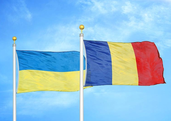
16
Romanian Senate ratifies Romania-Ukraine agreement on emergency mutual aid
16

12
Romania's Ambassador to Bulgaria: David Popovici is a fantastic athlete, a role model for all generations
12

8
BVB stocks close Monday's trading session higher
8

11
Gambling industry's profits cannot be built on the vulnerability of children and young people (PNL's Turcan)
11
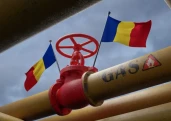
7
EnergMin Ivan: We've finished legislation to ensure gas prices will not increase after March 31
7
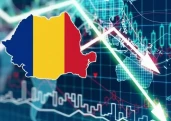
8
AUR Senator Peiu: Romania's current economic difficulties are unrelated to potential European recession
8
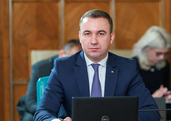
11
Ivan: Interventions at Vidraru Dam were carried out in compliance with all legal provisions
11

16
FRH President: Romania to host three major international handball tournaments in 2026
16
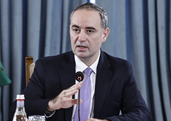
13
FinMin Nazare takes part in Economic and Financial Affairs Council (ECOFIN) meeting, in Brussels
13
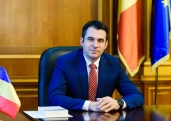
12
USR Senator Palarie: Romania's participation in Washington Peace Council is a good thing
12

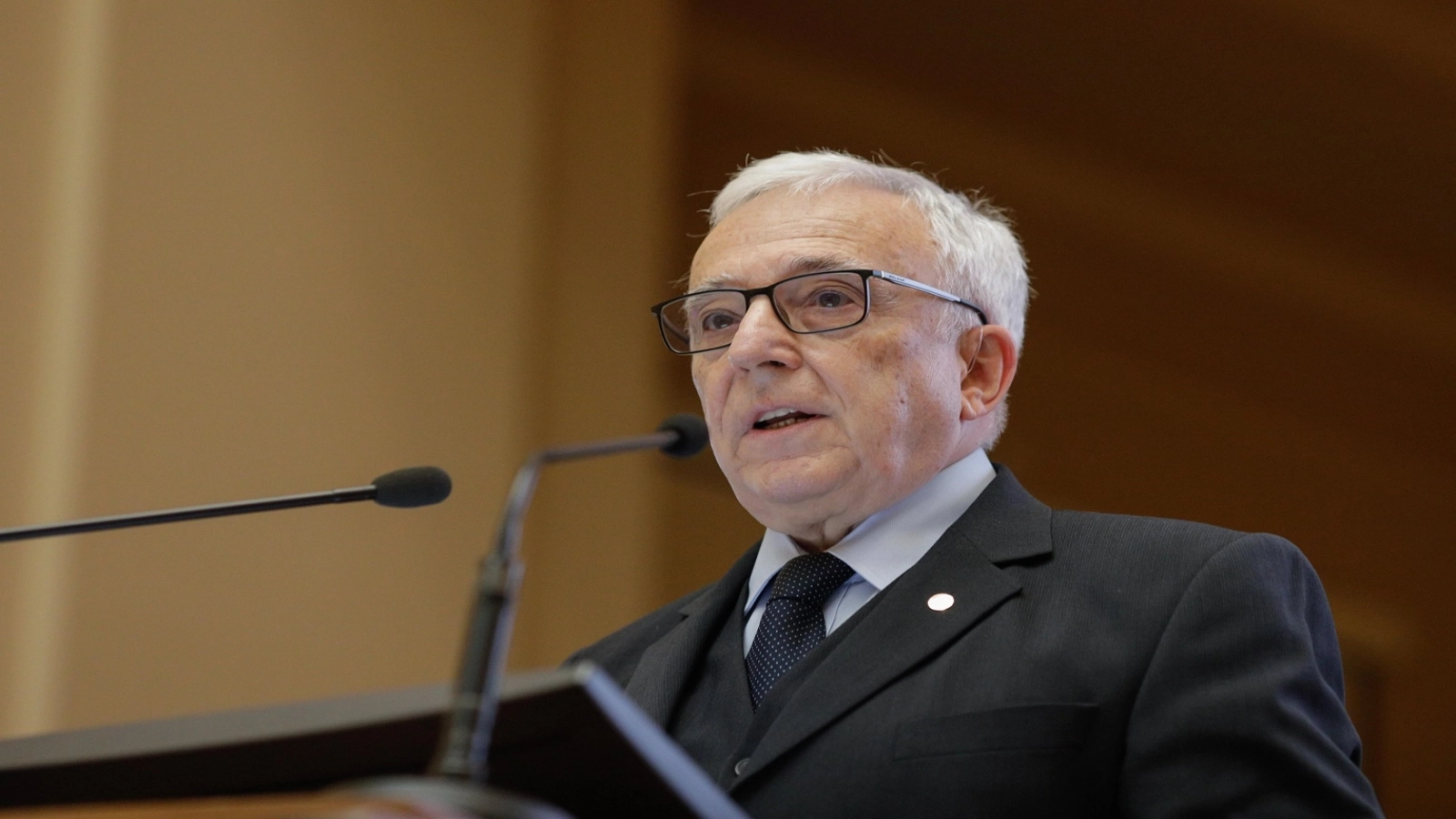


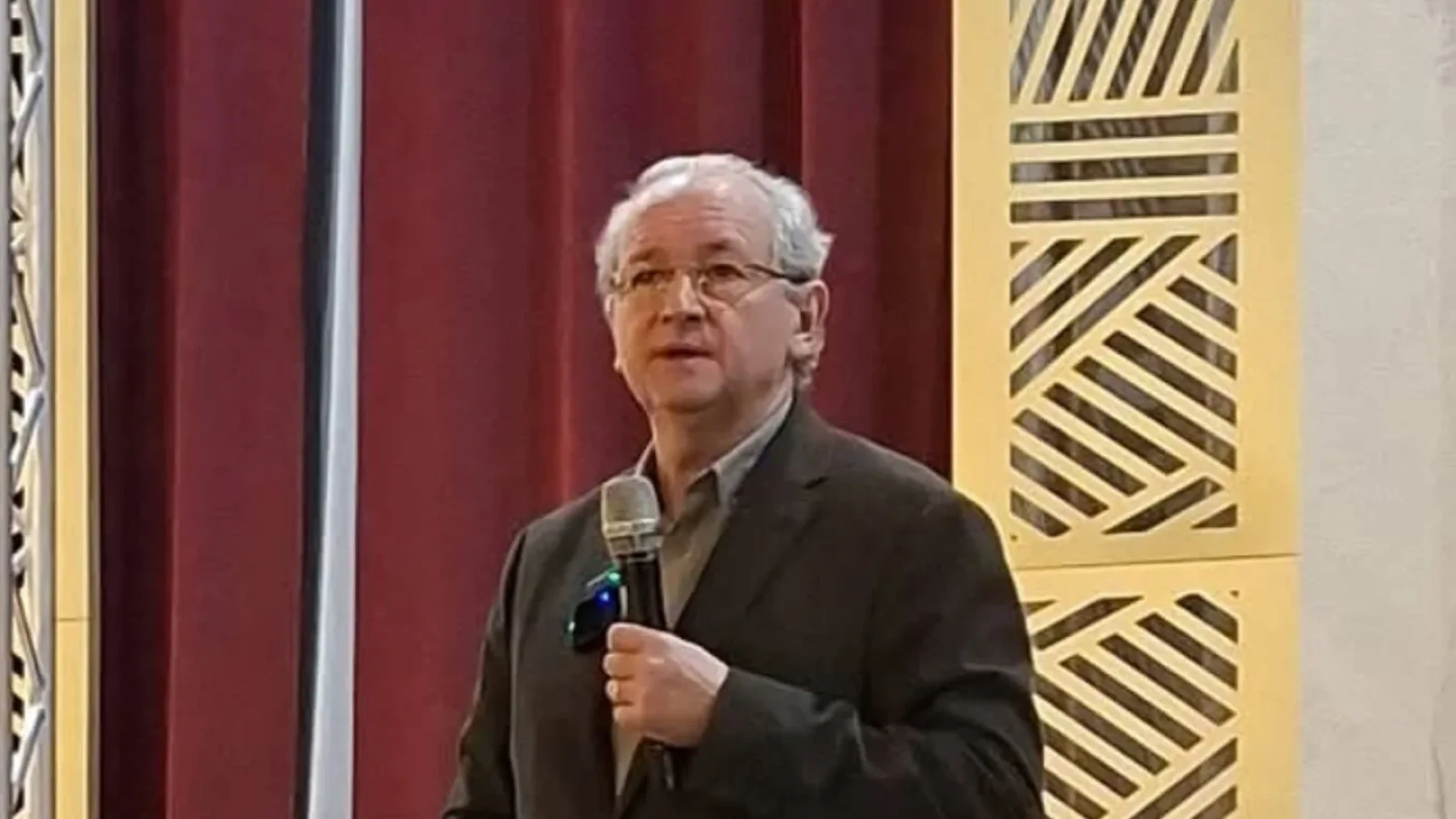



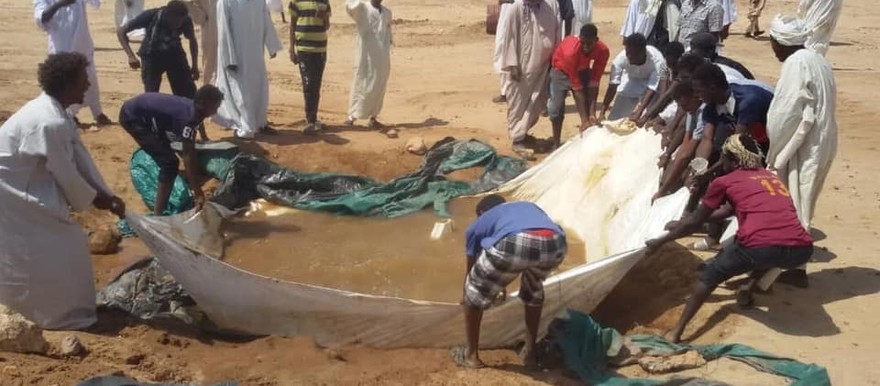
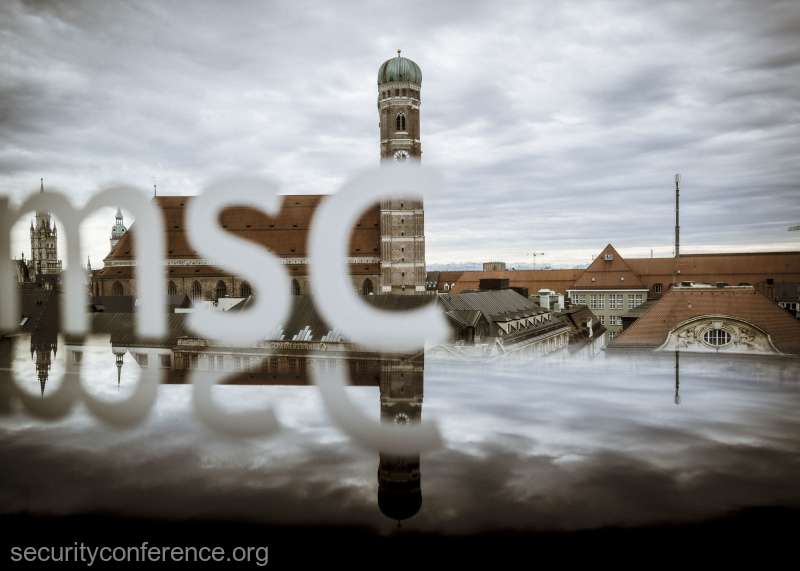
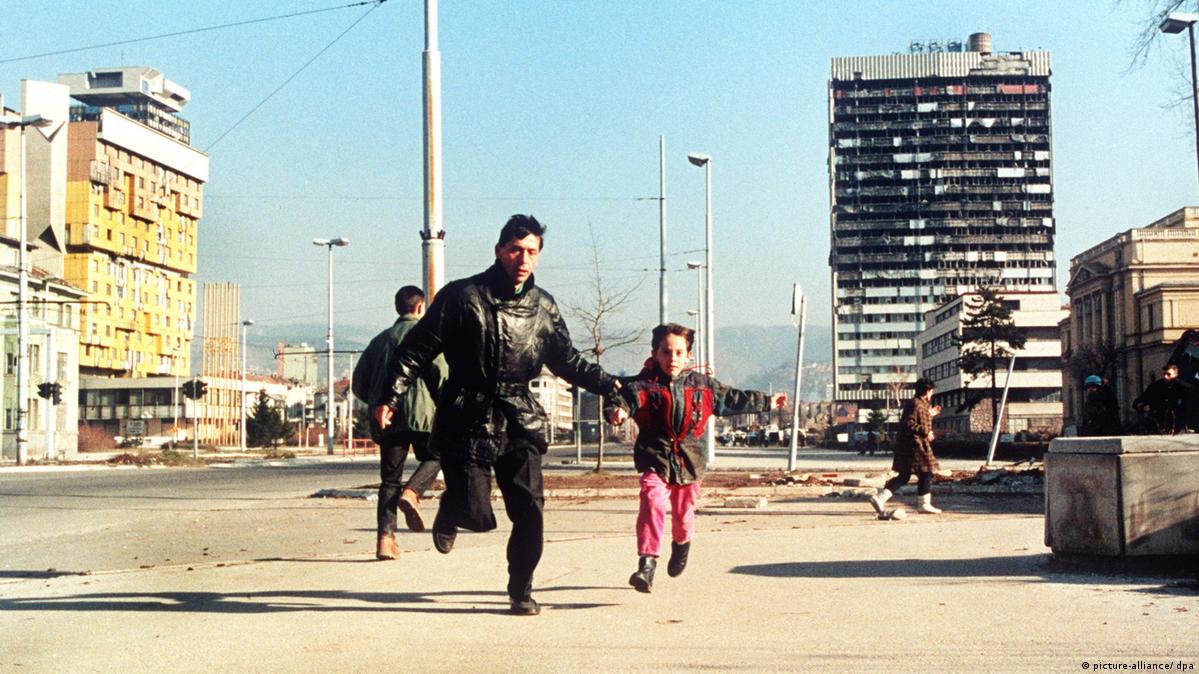








Comentează